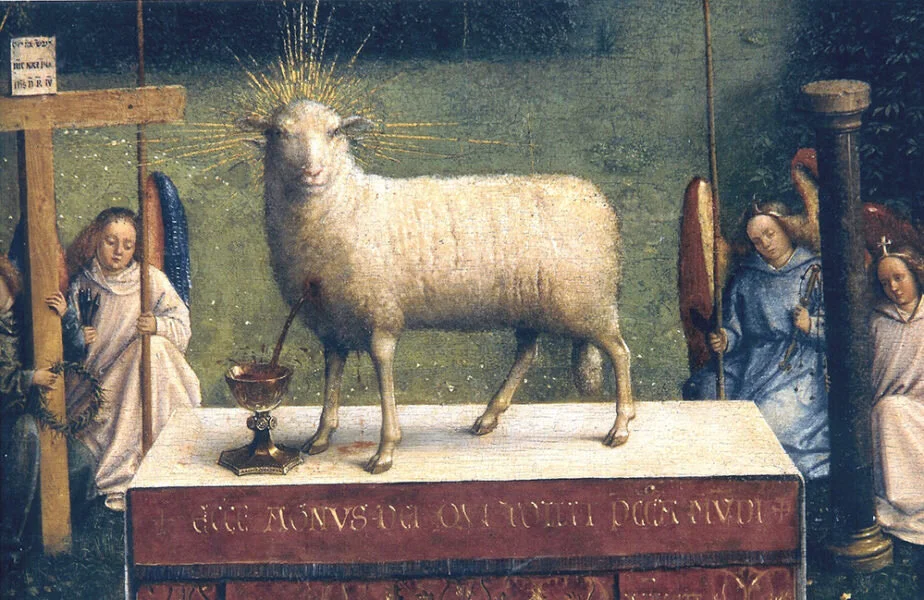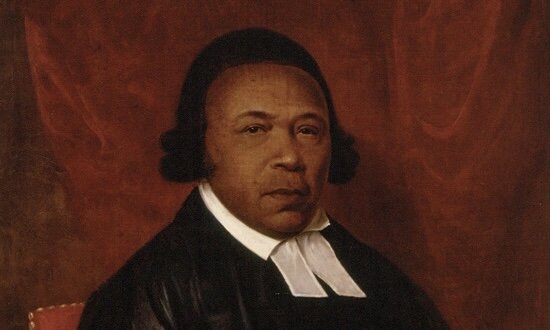A Sermon for Good Friday
Sacrifice is a troubling concept for many of us. And understandably so. Most of us aren’t used to the blood and guts involved in preparing the meat we eat. So animal sacrifice seems jarringly foreign—even primitive. And when we look at the violence of human sacrifice, our discomfort turns into (justifiable) disgust. How could Abraham even consider killing his son? How could God ask that of him? And today on Good Friday—where is the sense in Jesus’ bloody, gruesome sacrifice? How is that “good”? What kind of God demands a human life in order to forgive sins?
If that’s what this sacrifice stuff is about, then we want no part in it!
And that makes sense. It really does.








